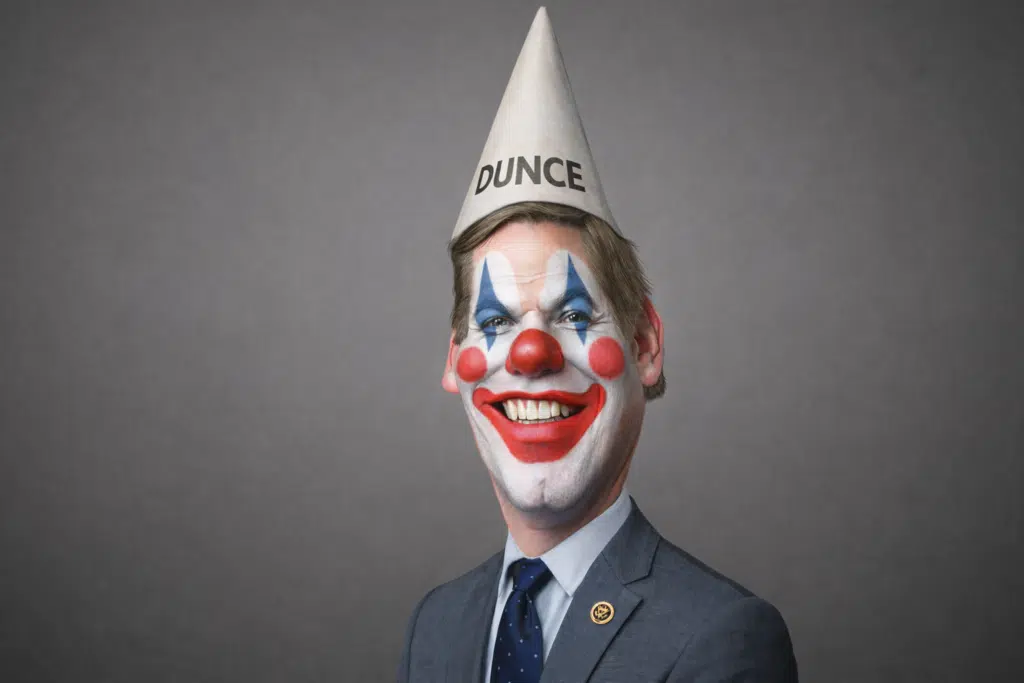
The US National Debt hits RECORD $37 Trillion dollars
This past week, the US National debt hit another all-time record that should concern our lawmakers and citizens alike.
After decades of financial mismanagement, the US Federal Government continues to run larger and larger fiscal deficits. According to recent data from the US Treasury Department, the US Federal Government has run a $1.5 TRILLION deficit over the last ten months. That massive deficit has contributed to the National Debt hitting another concerning milestone—less than a year after the US National Debt surpassed the $36 Trillion dollar threshold (i.e. in November 2024).
Just for context, the US national debt in 1980 was only $900 Billion dollars. That means the cumulative US national debt in the first 200 years of American history was substantially less than the amount of debt that the US Federal government has incurred in the past ten months.
But a Treasury Department report this week revealed that the US National Debt now exceeds $37 Trillion dollars, and the National Debt train is NOT slowing down anytime soon. The passage of the “One Big Beautiful Bill Act” (OBBBA) last month is expected to continue adding onto our nation’s massive debt. In fact, the Congressional Budget Office (CBO) estimates that the OBBBA will add another $2+ Trillion dollars to the national debt over the next decade.
The consequences of this debt burden are far-reaching. The Government Accountability Office (GAO) warns that this cycle of debt accumulation could crowd out public priorities, with interest payments—which now exceeds $1 trillion annually—surpassing defense and Medicare budgets. With America’s national debt-to-GDP ratio being over 120%, our nation has not experience debt burden at this level in the post-World War II era, raising alarms about economic vulnerability.
While the $37 trillion figure is a stark reminder of America’s fiscal challenges, it’s not too late to act. The question remains whether policymakers can implement meaningful fiscal and monetary reforms before our national debt becomes even more unsustainable.
Looking at Congress’s track record over the last 50 years, I would not expect any major, necessary improvements to the US National Debt anytime soon. But for now, the nation stands at a crossroads, with the weight of its debt casting a long shadow over our economic future.



